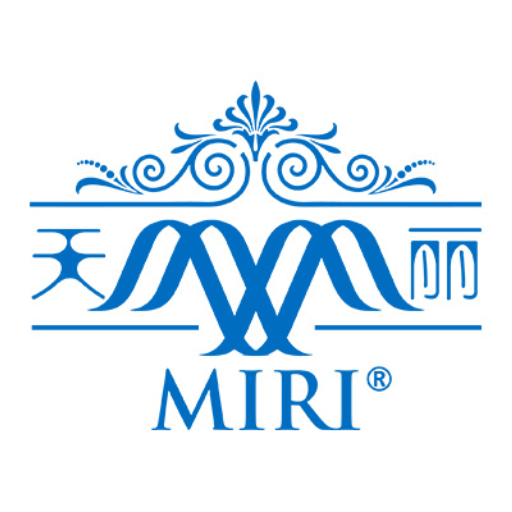Understanding Menopause: Symptoms, Relief, and Natural Wellness Strategies
Menopause is a natural transition that every woman experiences, typically between the ages of 45 and 55, marking the end of menstrual cycles and fertility. While it’s a normal phase of life, the hormonal changes during menopause can bring about various physical and emotional symptoms that impact daily life.
The Stages and Symptoms of Menopause
Menopause doesn’t happen overnight – it’s a gradual process that occurs in three main stages:
- Perimenopause: The transitional phase when hormone production begins to decline, often bringing irregular periods and early symptoms
- Menopause: Officially diagnosed after 12 consecutive months without a menstrual period
- Postmenopause: The years following menopause where symptoms may continue but often become less severe
Common symptoms women may experience include hot flashes, night sweats, vaginal dryness, mood swings, sleep disturbances, and changes in skin elasticity. For more on managing these transitions naturally, explore our guide on holistic menopause strategies.
Natural Approaches to Menopause Relief
Many women seek natural solutions to manage symptoms without resorting to hormone replacement therapy. Effective approaches include:
- Phytoestrogen-rich foods like soy, flaxseeds, and chickpeas
- Regular weight-bearing exercise to maintain bone density
- Stress-reduction techniques such as yoga and meditation
- Quality sleep hygiene practices
Our Miri Feminine Essence supplement contains powerful herbal ingredients like Pueraria Mirifica and Moringa Oleifera to help balance hormones naturally while supporting bone health and feminine vitality.
Skin and Beauty Changes During Menopause
Declining estrogen levels can lead to thinner, drier skin and reduced collagen production. Combat these changes by:
- Using richer moisturizers and serums
- Incorporating collagen supplements like our Miri Collagen Protein
- Protecting skin from sun damage
- Staying well-hydrated
For more on maintaining your glow during this transition, see our article on menopause and skin care.
Weight Management During Menopause
Metabolic changes often make weight management more challenging during menopause. Effective strategies include:
- Focusing on strength training to maintain muscle mass
- Eating more protein and fiber while reducing processed foods
- Managing cortisol levels through stress reduction
- Getting enough quality sleep
Our blog on menopause and weight management offers more detailed advice for maintaining a healthy weight during this transition.
Embracing the Change with Confidence
While menopause brings changes, it can also be a time of personal growth and renewed self-care. Many women find they have more time to focus on their health and wellbeing after their childbearing years. Remember that this is a natural phase of life – with the right knowledge and tools, you can navigate menopause with grace and vitality.
For a comprehensive guide to all aspects of menopause support, don’t miss our article on understanding menopause symptoms and natural solutions.
